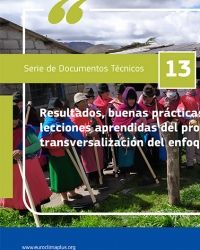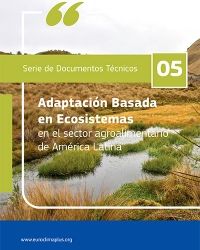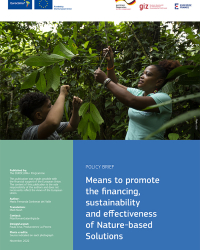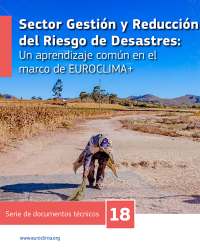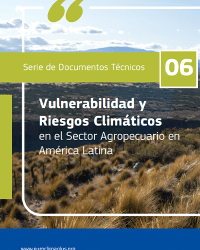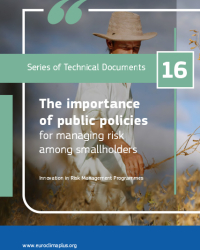Full Report: Nature-based solutions in the NDCs of Latin American and Caribbean countries: classification of commitments for climate action
1438 Descargas
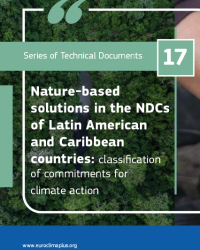 Nature-based Solutions have increasingly gained relevance in the field of climate action, and have been incorporated into countries' climate plans (Nationally Determined Contributions - NDCs).
Nature-based Solutions have increasingly gained relevance in the field of climate action, and have been incorporated into countries' climate plans (Nationally Determined Contributions - NDCs).
The EUROCLIMA+ programme proposes a classification to identify and categorise climate actions in NDCs with an SbN approach. An analysis of NDCs of 16 EUROCLIMA+ countries that have submitted updates of their commitments as of June 2022 was carried out.
If you want to read a summary of the report, click here for the factsheet
Aquí se puede acceder al reporte en español.
| Categoría: | Serie Documentos técnicos |
| Tamaño del archivo: | 6.32 MB |
| Hits: | 11119 Hits |
| Descargas: | 1438 veces |
| Título: | Full Report: Nature-based solutions in the NDCs of Latin American and Caribbean countries: classification of commitments for climate action |

